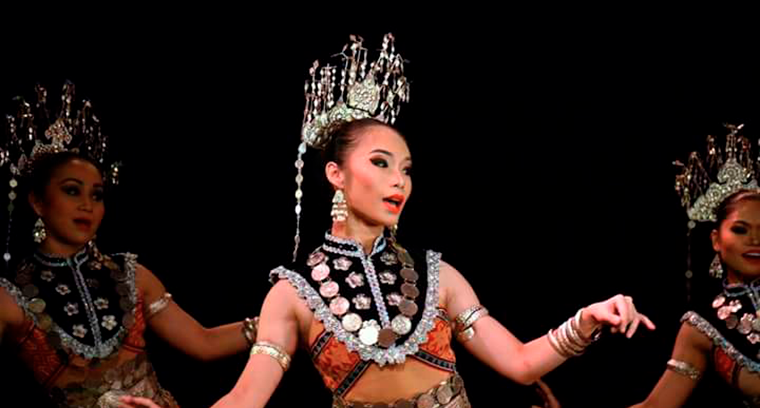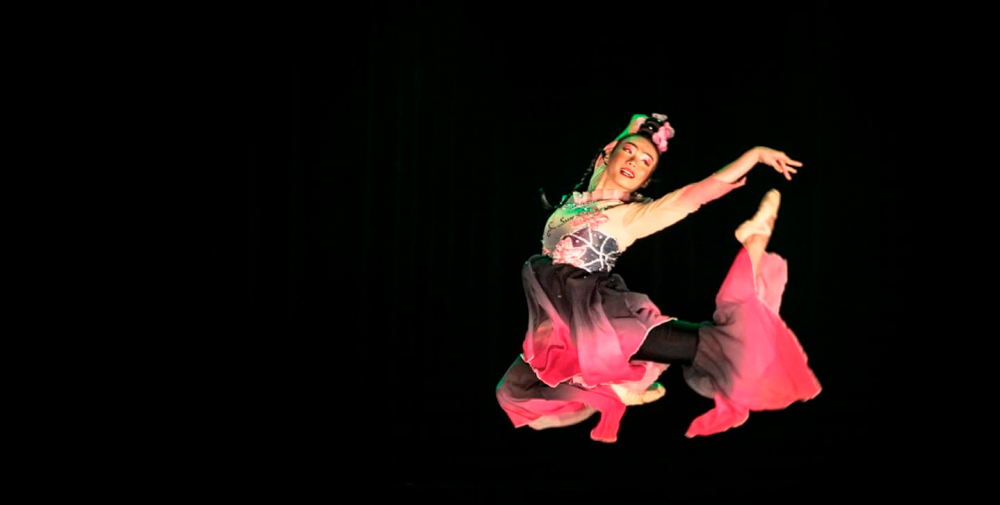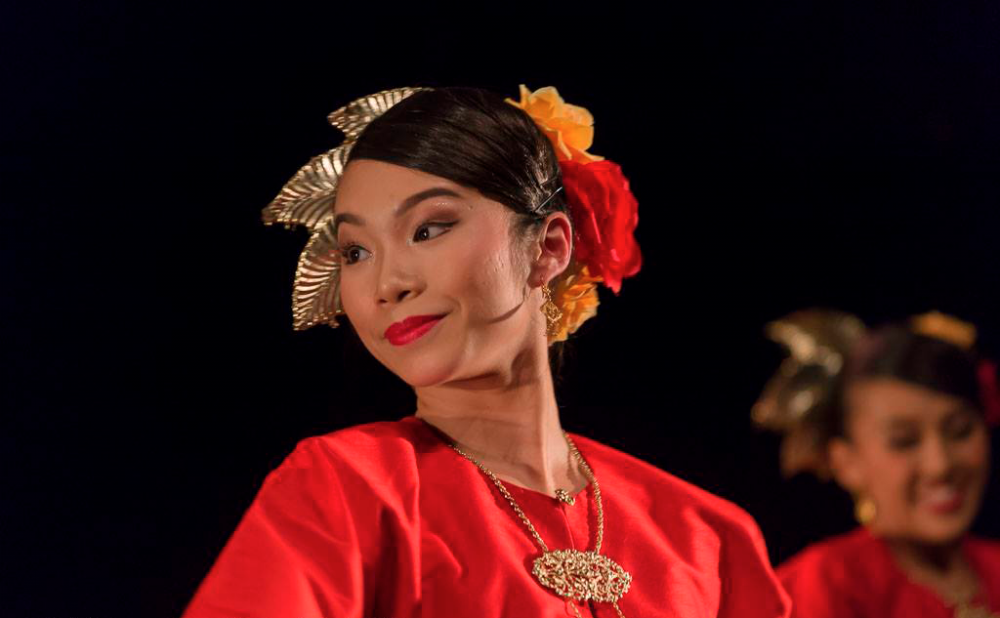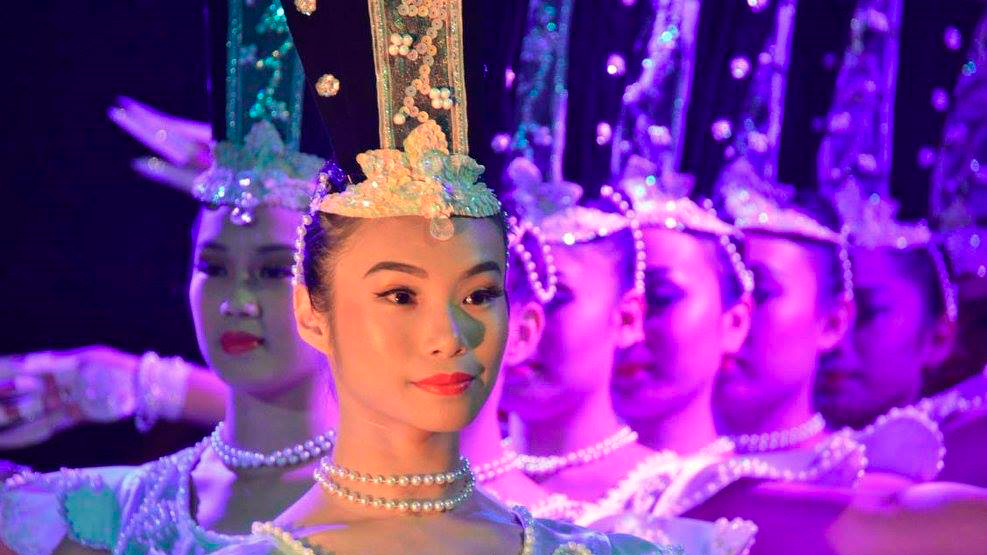WONG CHI YING holds the firm belief that a dancer needs to train their mind and soul, as well as their body.
The 26-year-old Kajang-born lass who is currently pursuing a Master degree in Dance at the Beijing Dance Academy in China says: “The more I dance, the more I realise dance is more than a body movement.
“For me, dancing is no longer about how high you can jump. You must be able to have some thinking process to your movement.”
She believes one of the methods by which a dancer can sharpen their thinking process is by going for various art exhibitions and by reading.
“A dancer needs to watch dances that are not familiar,” says Wong, who is currently specialising in both Chinese folk and contemporary dance.
“For example, if you are a traditional dancer, then you need to watch more contemporary performances and vice versa.
“You cannot stay in your own comfort zone. The more you stay in your own comfort zone, the less you will progress.”
She also believes it is vital for every dancer to remember that he or she is a human being first.
She says: “As a human, you need to have a connection with the society that you live in, and the issues that are affecting your society.
“You can only do that through reading. You also need to be aware that life is always changing, and you need to keep up with these changes.”
She believes this awareness will bring more substance to one’s performance.
Her own introduction to dance began at the age of five, when her mother – who runs a furniture business with her father – enrolled her in a ballet class.
“Initially, I just did what my mother wanted me to do,” she says.
“I was too young to understand what passion is.”
Slowly, she developed a strong passion for dance. In 2017, she graduated with first class honours in her Bachelor of Dance studies from the National Academy of Arts, Culture and Heritage, Malaysia (ASWARA), majoring in dance performance.
She says: “Some parents are not happy when their children want to pursue dancing professionally.
“I do not blame the parents. I understand their fears. They just want their children to have a stable career.
“But I am lucky that my parents, especially my mother, did not object to my ambition. They supported me. They feel that dancing gives me some kind of confidence.”
She has exposed herself to international projects such as Andong Maskdance Festival in South Korea.
She has also been awarded the title of New Best Talent during the China-Asean Theatre Week in Nanning, China in 2014, and three years later, she bagged two silver prizes and a gold prize at the Vietnam International Dance Festival.
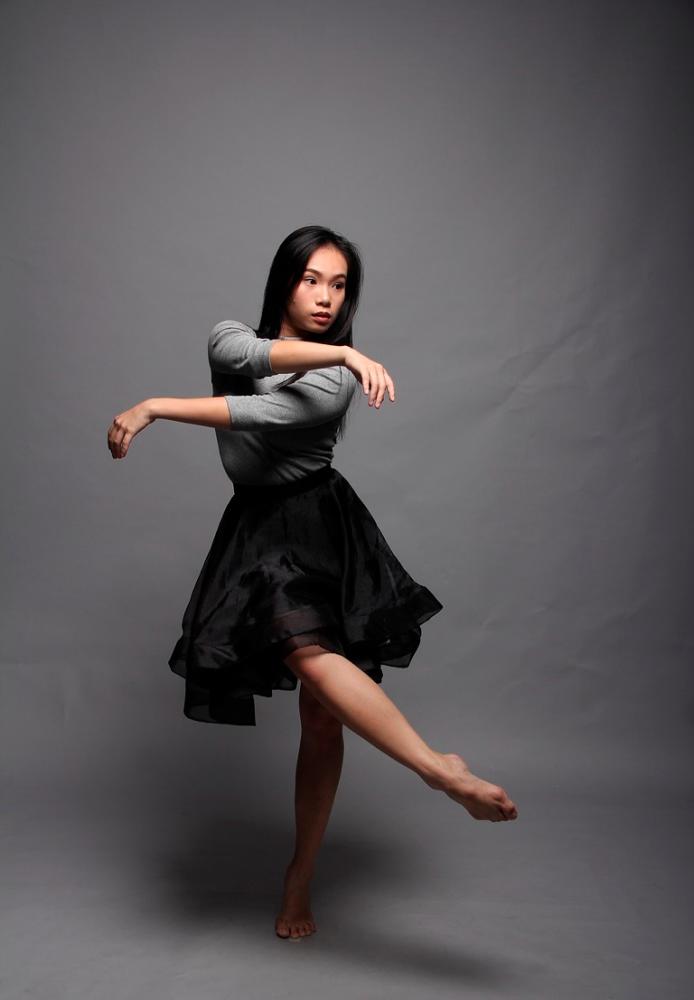
One of the key milestones of her dance career came in 2017 when she performed in a theatre production titled In The Amorphous Beings alongside international artistes from Hong Kong and Taiwan at the Georgetown Festival in Penang, Malaysia.
Another milestone in her career occured when she performed as the iconic Princess Hang Li Po in the theatre production Under The Kayon Tree that took place in the same year.
Besides performing onstage, she has numerous experiences in teaching different genres of dance, such as Malay traditional folk dance, contemporary dance, ballet and more.
Some dancers have moved overseas to join international dance companies. But she herself harbours no such ambition.
She says: “I love my country very much. I think Malaysia has a rich heritage and culture, and that is a great advantage for dancers like me. I could explore the richness that we have in our society in my dance.”
Yet, she was honest to admit that as a dancer, she does not enjoy the same level of appreciation for her choice of career in Malaysia compared to other professions, such as doctors and engineers.
“Dancers are never seen as the ‘main dish’,” she says.
“We are treated like ‘snacks’, just like some of kind biscuit. A dancer is given very few opportunities to expose their strengths and their talents.”
She would like this mentality to change in our society, and for a dancer to be given the same kind of importance.
“A dancer has the same function as the doctor,” she says.
“We can cure your soul.”
During the Covid-19 pandemic, she saw some videos where doctors in China encouraged those undergoing treatment to dance.
“When you dance, you forget you are in a crisis,” she says.
“All art has the ability to cure your soul.”
When asked what advice she would give to youngsters who plan to make dance their career, she says: “You must be prepared to give one hundred percent commitment to your craft. There is a lot of hard work and heartache in this business.
“You must be willing to put in hours and hours into your rehearsals. You must be prepared to take blunt criticism from your lecturers. Their intention is not to break you. Their intention is to make you a better dancer.”
She herself is extremely grateful to have chosen dance despite the many hurdles and sacrifices.
“A dancer leads a colourful life,” she says.
She certainly does not want the colour to disappear from her life.



